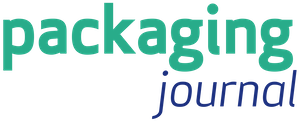In a test programme with other partners, CEFLEX wants to develop guidelines for flexible packaging containing aluminium foils. The guidelines are intended to help improve the recyclability of such packaging and create a better understanding of the scope of flexible packaging.
CEFLEX is working in collaboration with Flexible Packaging Europe, the European Aluminium Foil Association and other stakeholders to develop guidelines for flexible packaging containing aluminium foil. The development of the new guide coincides with an extensive testing programme that CEFLEX is undertaking with the support of UK Research and Innovation to improve understanding and design guidelines for flexible packaging.

The project is in collaboration with FPE, EAFA and other leading participants – including non-CEFLEX stakeholders providing additional technical and operational experience. A working group including representatives of the full value chain for flexible packaging containing aluminium foil began work in spring 2022.
“While plastic-based flexible packaging applications are predominant and an important focus, CEFLEX has always been material-neutral; working to analyse and achieve the best technical and environmental outcomes for all flexible packaging. This includes structures containing aluminium foil, and we are delighted to be addressing this important element with key organisations and players from across the value chain.”
Graham Houlder, CEFLEX coordinator
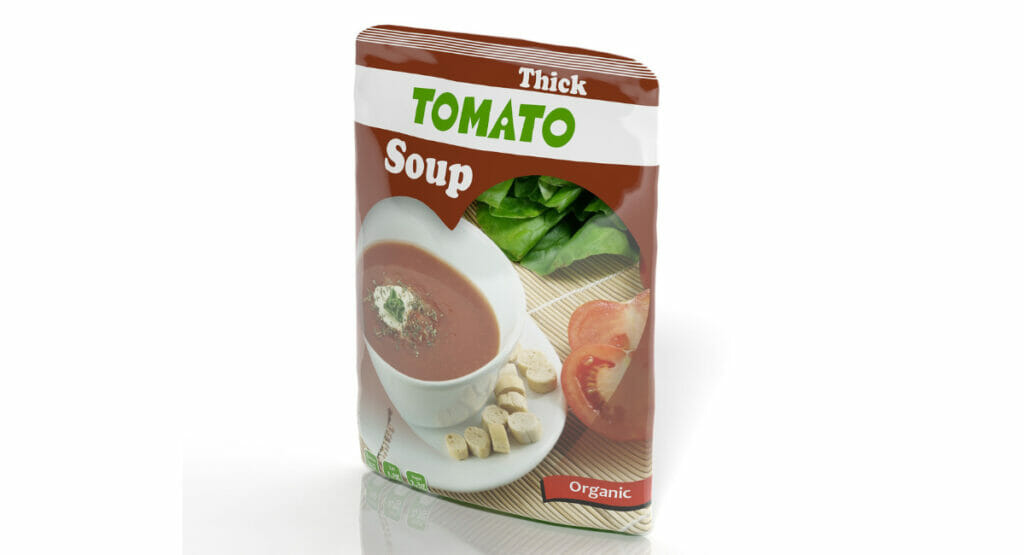
Key questions on the sortability and recyclability of flexible packaging containing aluminium foil will be included in the CEFLEX design testing programme and enrich the design guidelines. This includes fully understanding technical capabilities of eddy current separation, the aluminium recycling pyrolysis pathway and advanced separation technologies, which have already been highlighted for specific attention.
“Flexible packaging containing aluminium foil is particularly valuable in lightweight, high-preservation packs often found in dairy, dry-food, pharmaceutical, pet food and more. Working with a large number of stakeholders across the value chain and informed by cutting-edge testing results is an inspiring starting point for the ‘Designing for a Circular Economy’ aluminium foil containing guidelines. We are confident they will further accelerate and pinpoint innovation and progress being made to improve the design, collection, sorting and recycling of this packaging format and boost its circular credentials.”
Guido Aufdemkamp, Executive Director of the European Aluminium Foil Association
The guidelines will be developed, refined and validated by a range of stakeholders and are pencilled in for release Summer 2023.
Source: CEFLEX
More packaging news
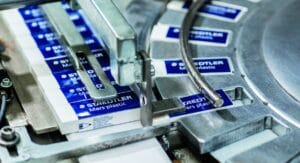
A contract with a handshake is valid
Managing director Tina Gerfer of Wilhelm Rasch Spezielmaschinenfabrik has modernized the company and successfully guided it through difficult times.
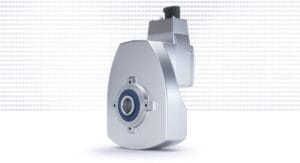
Asynchronous servo solutions for the packaging industry
From primary packaging to final packaging, electric drives play an important role. With a broad portfolio, Nord Drivesystems supports customers.

Label Durability
Labels offer many functions which can get lost due to label removal. PTS assesses labels and cardboard for durability and tamper evidence.
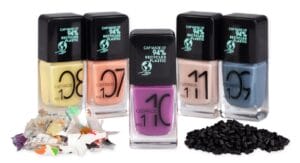
More design for recycling for cosmetics packaging
Packaging for decorative cosmetics is very special. The Forum Rezyklat calls for the recyclability of packaging to be taken into account when designing it.
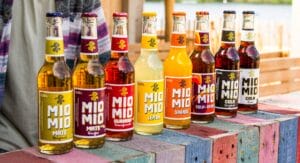
Innovation Barometer 2024
According to a survey conducted by Aktionsforum Glasverpackung 2024 is set to be a highly innovative year for glass packaging.
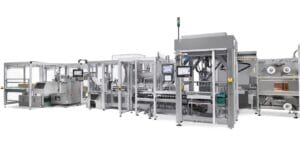
Flexible packaging system for natural cosmetics
Sustainability is part of Weleda’s identity. IWK is also contributing to this with its new flexible packaging line for many natural cosmetic products.

